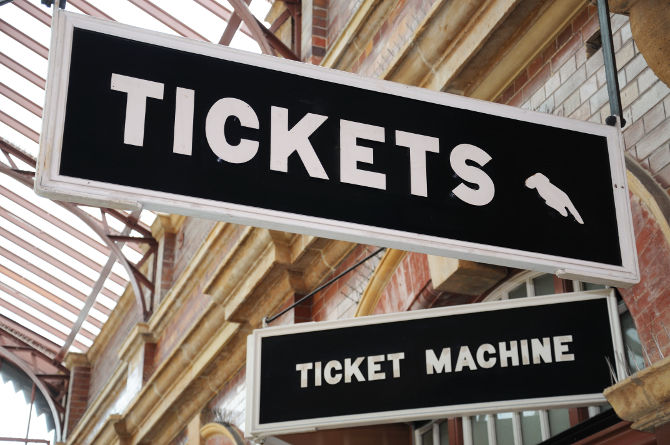After weeks of speculation it now looks certain the royal family of Qatar is lining itself up to make a multi-million pound investment in the redevelopment of Birmingham’s Curzon Street Station — a key project in the HS2 network.

Hints of an involvement by the oil rich state first surfaced last month when the Emir of Qatar visited Britain and reportedly told the Prime Minister that Qatar was particularly interested in investing in the regeneration of central Birmingham and developments related to the £50bn high-speed rail scheme.
One obvious target would be to pump millions into the Birmingham Curzon HS2 Master Plan. It will be one of the UK’s largest urban regeneration schemes, transforming about 350 acres of the city centre around the historic Curzon Street Station.
The city’s council leader, Sir Albert Bore, has already claimed the regeneration would boost Birmingham’s economy by £1.3bn a year and generate at least 14,000 new jobs to fill the 148-acres of commercial and retail space.
Earlier this year, Sir Albert said: “We are not hanging around for the station to start operating in 2026, we are looking to activate the economic growth which HS2 can give rise to.” The plan also includes extending the Midland Metro, which will pass through Curzon Street HS2 Station, to handle the 1,800-plus rush hour passengers expected to use the transport hub.
Admitting the HS2 scheme could only succeed with private investment, Greater Birmingham Chamber of Commerce chief executive Jerry Blackett said: “We should celebrate that any major development in Birmingham attracts global interest so it is no surprise that Curzon Street is attracting widespread attention.
“The prospects of Qatari investment is compelling and on the face of it something which will doubtlessly be pursued with vigour along with any other expressions of interest,” he added.
Support for the HS2 network is steadily growing among Birmingham’s business fraternity. According to a recent chamber survey more than 80 per cent of companies and their senior managers say the project would have a “significant or slight positive” impact on the region.
Last year Qatar initiated talks with the Treasury to allow it to invest as much as £10bn in key UK infrastructure projects such as energy plants, transport schemes and the Thames “super-sewer” beneath London.
The Qataris also have Songbird Estates — and its main operating subsidiary the Canary Wharf Group — in its sights. The fabulously wealthy Gulf State has openly said it wants to add the capital’s Canary Wharf to its other London holdings that include Harrods and Chelsea Barracks.